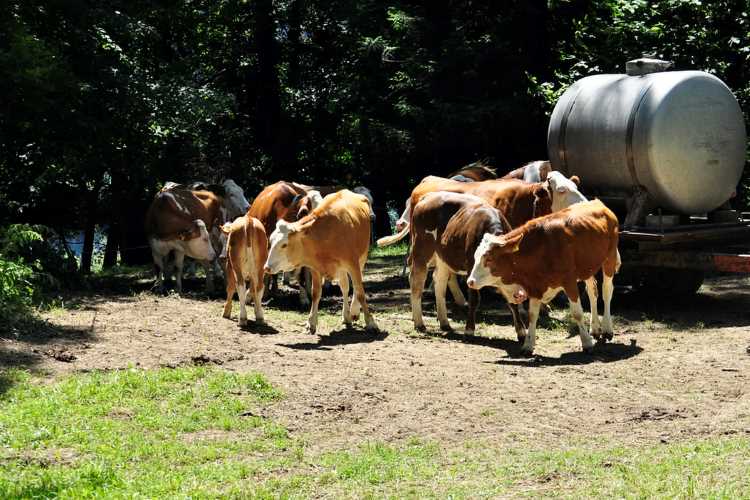
By Parashram J. Patil
India is the largest producer of milk with a share of more than 22% of the global output. The dairy sector is a source of livelihood for around eight crore rural households that are engaged in milk production. The country has a powerful dairy industry and its calls for protectionist policies find resonance in Prime Minister Narendra Modi’s calls for Atmanirbhar Bharat and ‘vocal for local’.
The ministry of commerce and industry has issued a notification regarding the import of milk powder and some other products. The decision to allow import of 10,000 metric tonnes was taken on June 23. Permitted import volume is negligible. This decision will hurt the sentiments more than the actual import. Sentiments will impact the market more than the imports. This will bring down the prices of skimmed milk powder and affect the confidence of farmers who are already in pain.
READ I Stalemate in Goa: Some practical steps towards restarting mining operations
During the lockdown, reduced sales and consequent high availability of milk are forcing dairies to produce more and more milk powder. Private dairies also made milk powder from excess milk. India does not need to import milk powder at present. This decision will further reduce the falling price of the powder. According to back of the envelop calculations, Maharashtra alone has produced about 50,000 tonnes of milk powder. Milk powder stock in India can be more than 2 lakh tonnes. Currently, skimmed milk powder prices have come down drastically due to lack of demand. Therefore, this quota cannot be used without specific requirements as there is surplus stock everywhere. This will bring down the prices further.
Government Institutions and cooperatives like State Trade Corporation, National Dairy Development Board (NDDB) and National Cooperative Dairy Federation (NFDF), NAFED are allowed to import and store milk powder. The decision by the National Dairy Development Board (NDDB) to reduce rates is a strategic step towards stabilizing the domestic market. Although it is a matter of policy, the government of India is refraining from importing milk powder for the benefit of millions of small dairy farmers in the country.
READ I Covid-19 explainer: All you need to know about how coronavirus is transmitted
Rates have already come down due to excess milk powder supply. In January, the price of milk powder was Rs 300 per kilogram. But now it has come down to Rs 155-160 per kg. In such a scenario, import prices will come down further which is not be in the interest of the domestic dairy business.
Strategic import of small quantities of milk powder is allowed to stabilise the market and prices in the interest of milk producers and consumers. According to industry experts, 10,000 tonnes of milk powder is equivalent to 0.11 million tonnes of milk, which is 0.059% of the domestic milk production of 187.70 million tonnes (2018-19). This small window provision in the tariff rate quota will enable the government to re-establish strategic import options through specific institutions to increase market stability in the country.
READ I Covid-19 vaccine: The thrilling race for the magic bullet
This decision augurs well for consumers, but not for farmers. However, the amount of import allowed is negligible and there is sufficient supply in the domestic market. But, even small amounts of imports have a negative impact on the market. It adds to the miseries of the farmers. Indian dairy products are in great demand from various countries. In 2018-19, India exported 123,877 tonnes. Therefore, the focus should be on exports. The government should encourage the industry to export more so that the country’s farmers benefit in the process.
(Dr Parashram J. Patil is an agricultural export policy consultant with the ministry of commerce and industry, Government of India. The views expressed in this article are personal)
